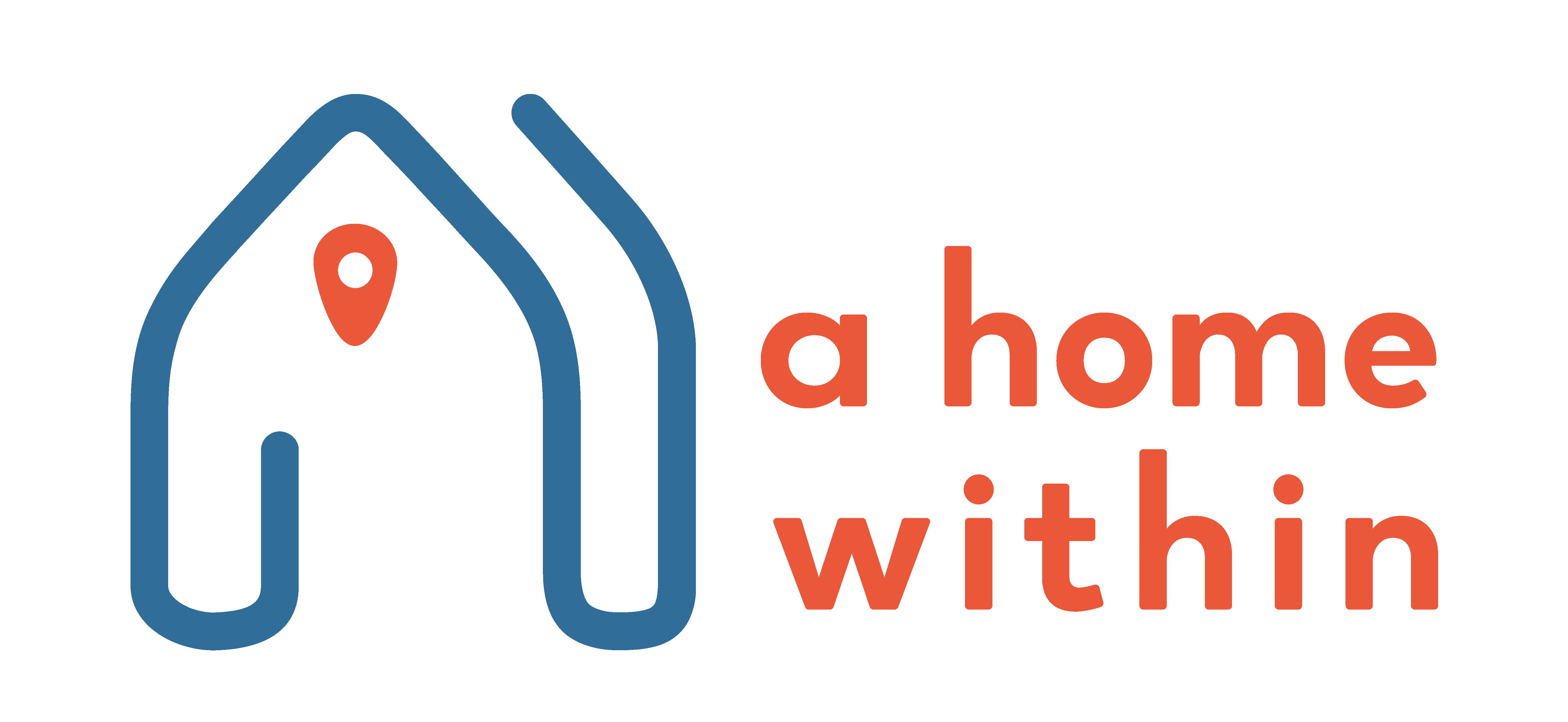Information Hub / BlogBack To School
Facebook is filling up with photos of kids heading off to the first day of a new school year. Some proudly sport a new uniform indicating that they have moved from lower to upper school or from middle school to high school. Others are beaming in outfits we assume have been chosen for the occasion.
With all those smiling faces and fancy outfits, it’s easy to forget that some of the children taking selfies on the first day of school may also be thinking about whether the judge, or their lawyer, or their foster mom, or their “staff” would want them posting to Facebook. They probably know that the law says that there shouldn’t be any pictures of them online.
 Being the new kid can be stressful for any child, but for foster children, simple steps to making new friends – explaining who you are, where you come from, who you live with and why – can be almost intolerable. Foster children often feel ashamed of their status—even having a “status” sets them apart–not wanting others to know that the adult who brings them to school is their second, third, or fourth caregiver in the last year, or that they have been in more schools than they can remember. If their caregiver is of a different race or ethnicity, other children may innocently inquire. But, the seemingly simple question, “Who’s that lady?” can trigger powerful emotions, and overwhelm a young foster child’s capacity to supply a coherent answer. Depending on the age of the child and the length of time she has been in that foster home, she may actually have very little understanding or knowledge of her caregiver.
Being the new kid can be stressful for any child, but for foster children, simple steps to making new friends – explaining who you are, where you come from, who you live with and why – can be almost intolerable. Foster children often feel ashamed of their status—even having a “status” sets them apart–not wanting others to know that the adult who brings them to school is their second, third, or fourth caregiver in the last year, or that they have been in more schools than they can remember. If their caregiver is of a different race or ethnicity, other children may innocently inquire. But, the seemingly simple question, “Who’s that lady?” can trigger powerful emotions, and overwhelm a young foster child’s capacity to supply a coherent answer. Depending on the age of the child and the length of time she has been in that foster home, she may actually have very little understanding or knowledge of her caregiver.
While we might forgive young classmates whose natural curiosity inadvertently provokes feelings of shame or embarrassment in a foster child, inappropriate questions from teachers, counselors, coaches or other staff are unfathomable. Children have told me that they’ve been casually asked, in earshot of other children, “So why is your dad in jail?” or “When is your mom getting out of rehab? Do you get to visit her?”
One of the ironies of foster care is that children’s private lives are simultaneously closely guarded and openly displayed. When parents are absent, it sometimes seems as if they belong to no one and everyone. David, who lived in a group home and attended a prestigious private school on scholarship, described an incredibly humiliating incident that occurred near the end of his senior year when he was struggling to figure out whether he would be able to attend college. He said that he had been preoccupied, not sleeping well, and having trouble keeping up his grades. Unexpectedly, he was called to the office from his math class to find his mentor waiting. There, in front of the office staff and anyone who came or went, his mentor berated him for missing baseball practice, ending his angry lecture with “No one can count on you. You just let people down.” Near tears, David said, “I don’t think that would have happened to a regular kid. Parents wouldn’t let that happen. He’s not my relative or guardian or anything. Why does he have a right to come into my school and get me out of class?”
Whether the mentor had a legal right to see David at school is a question separate from the clear sense of entitlement to air a personal grievance with David in the public arena of school. For reasons that were not clear to David, the mentor, who should have been helping him, was allowed to intrude into the school, which until then had provided a safe and supportive environment, as David’s success attests. David is likely correct, that if he hadn’t been in foster care, the mentor probably would have asked them to meet with David at home, and the school would not have allowed him to interrupt David’s school day.
It’s easy to forget how hard it can be for children to manage the complex relationships in the classroom, on the playground, and in the time before and after school. This is even more true for foster children who have good reason to be wary of new relationships and whose social skills often lag behind those of their peers. It’s vital that teachers and school staff recognize that the foster care experience often creates particular vulnerabilities, without making being in foster care the defining feature of a young student’s educational experience. After family, school is every child’s greatest laboratory for learning about relationships. Foster children’s experiences and needs may be unique, but by learning to anticipate and respond to them, we can all help to make sure that school is a place of learning, healing and development, rather than challenge, anxiety, and doubt.
By Toni Heineman
